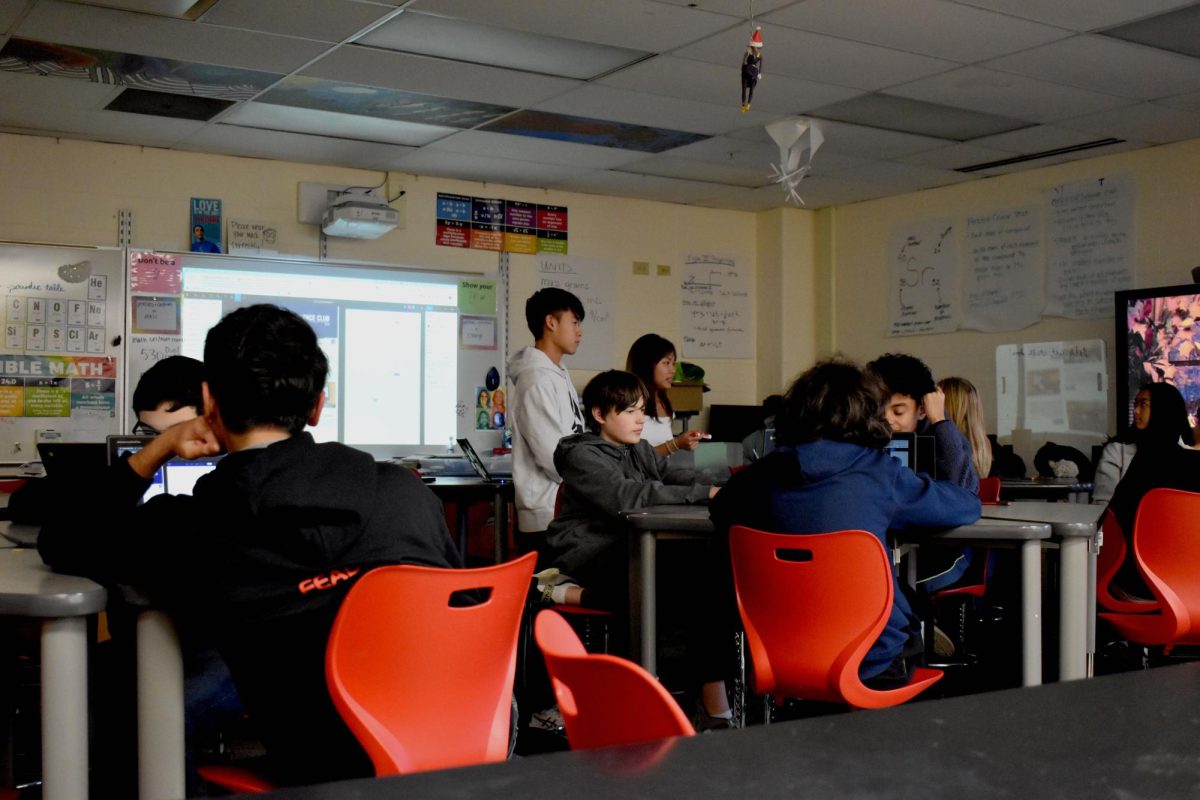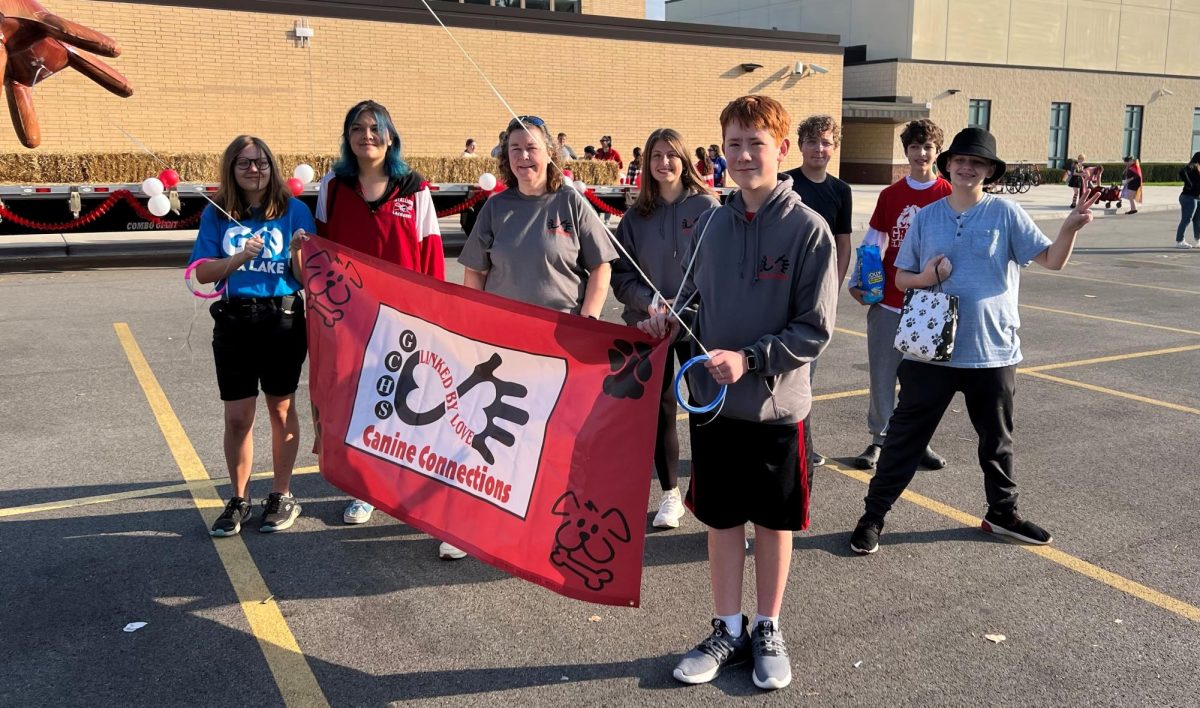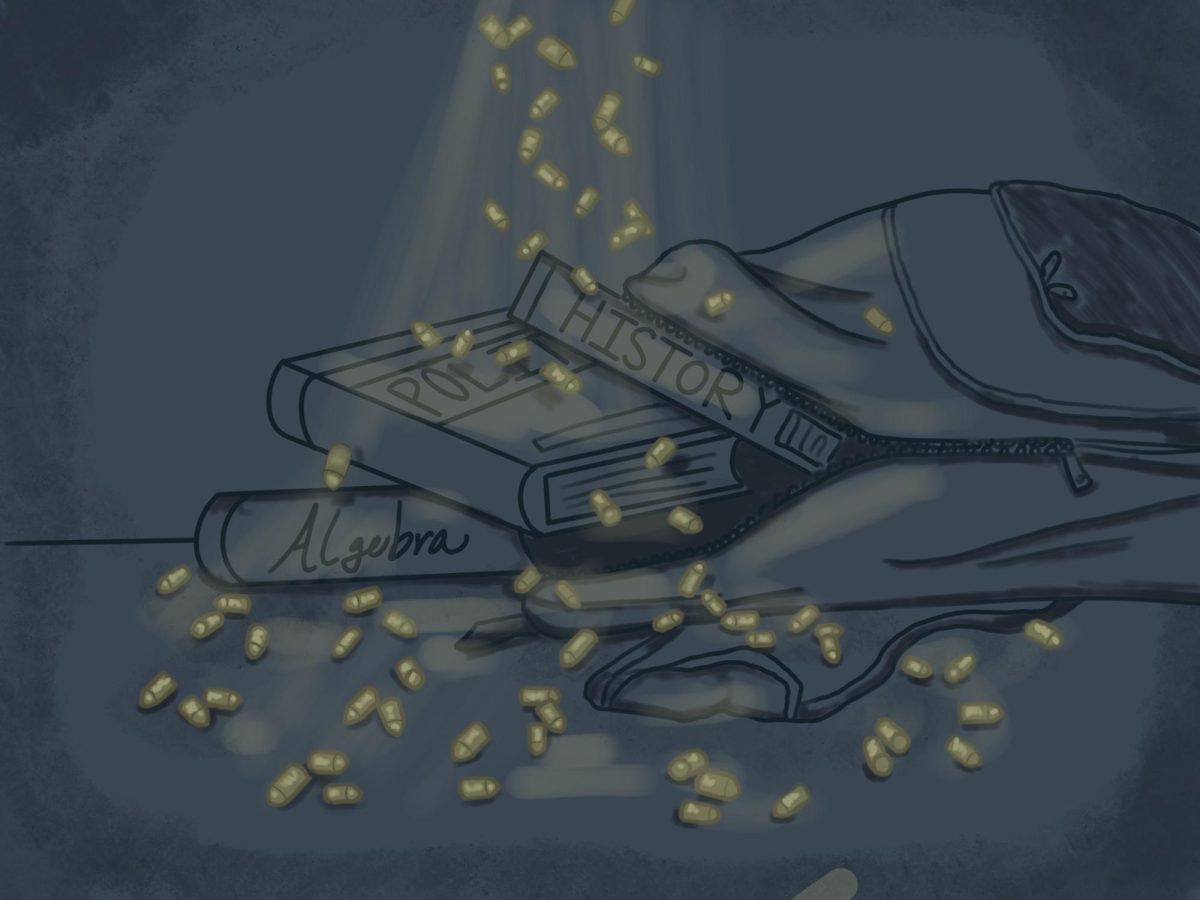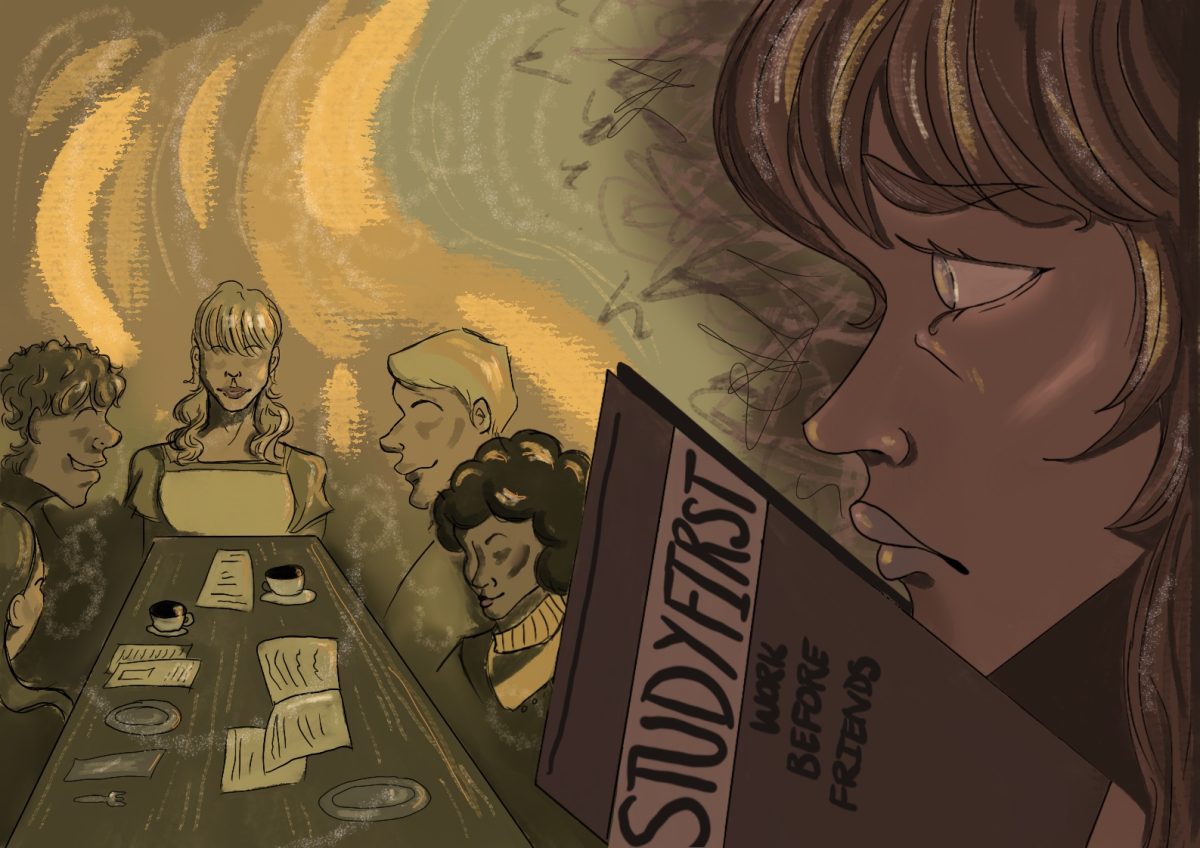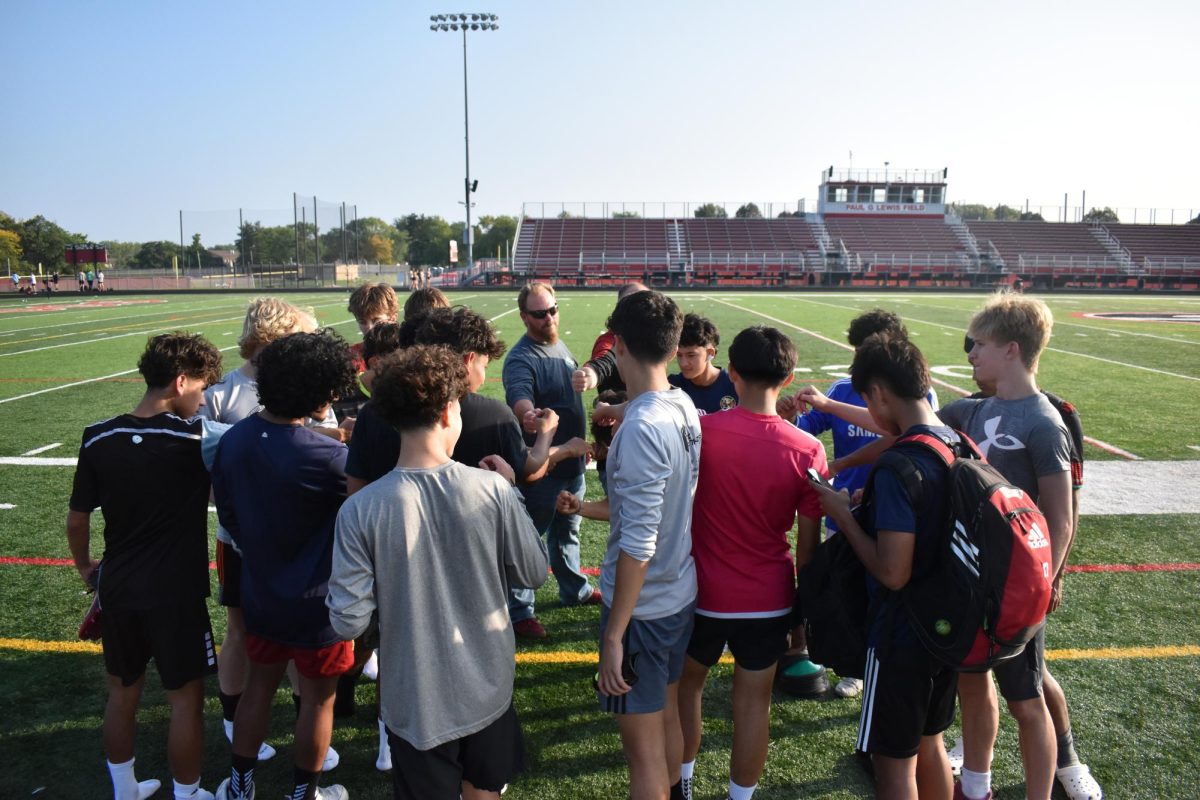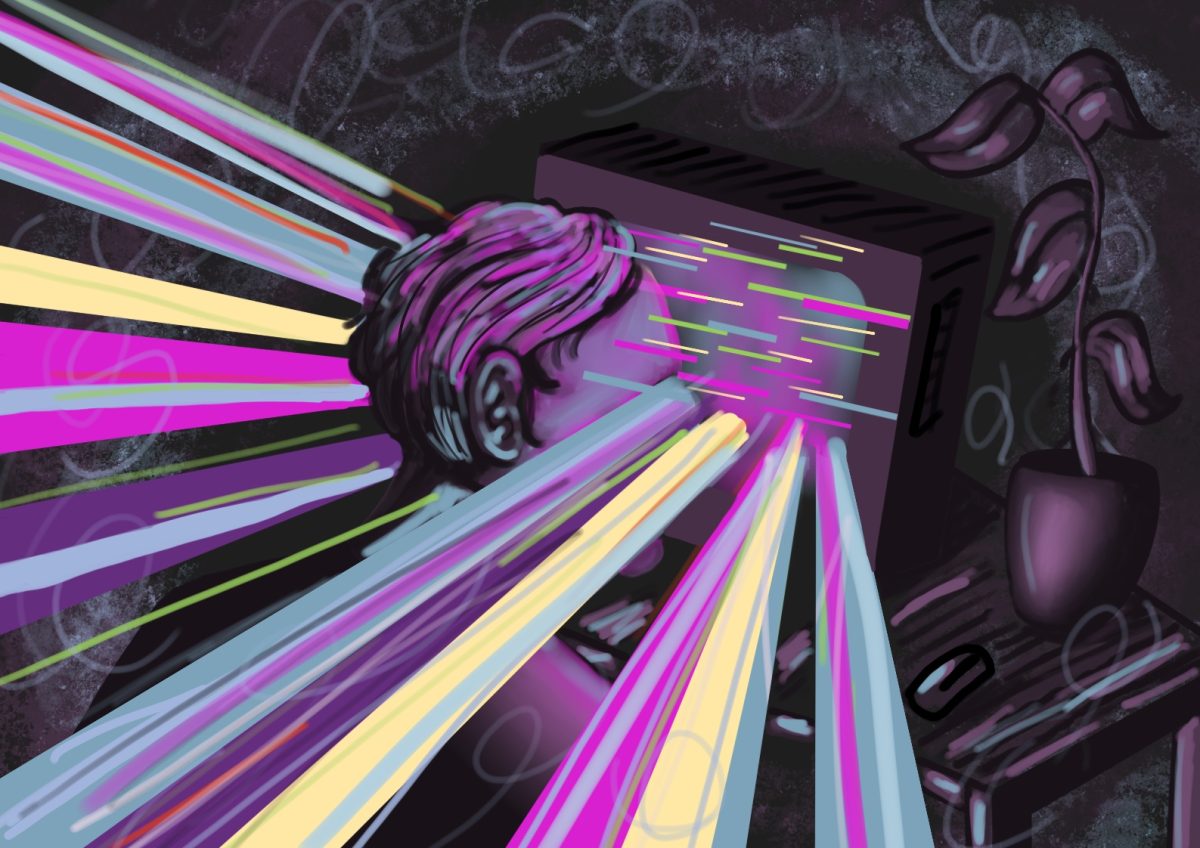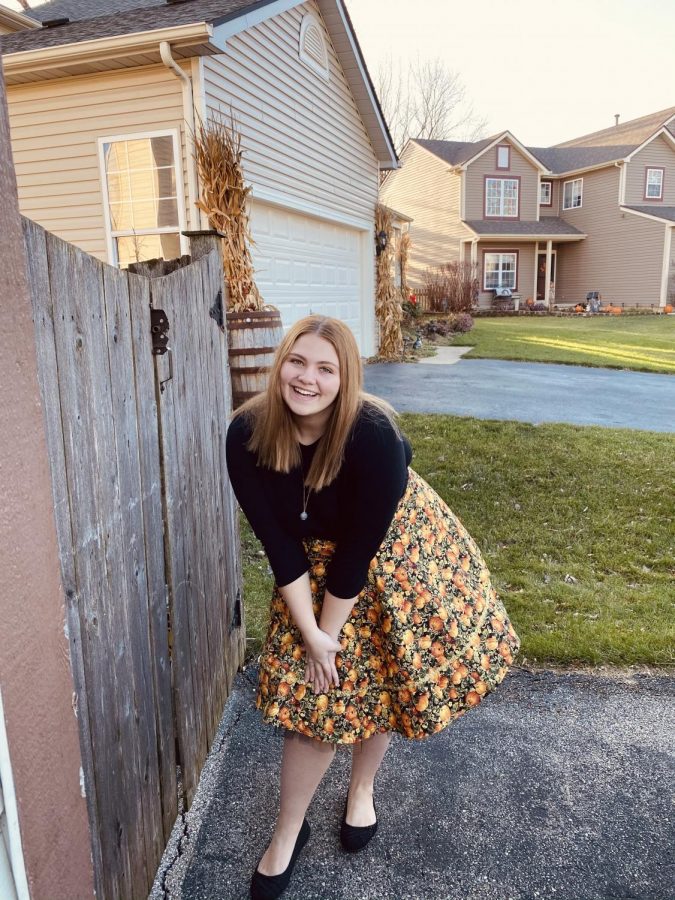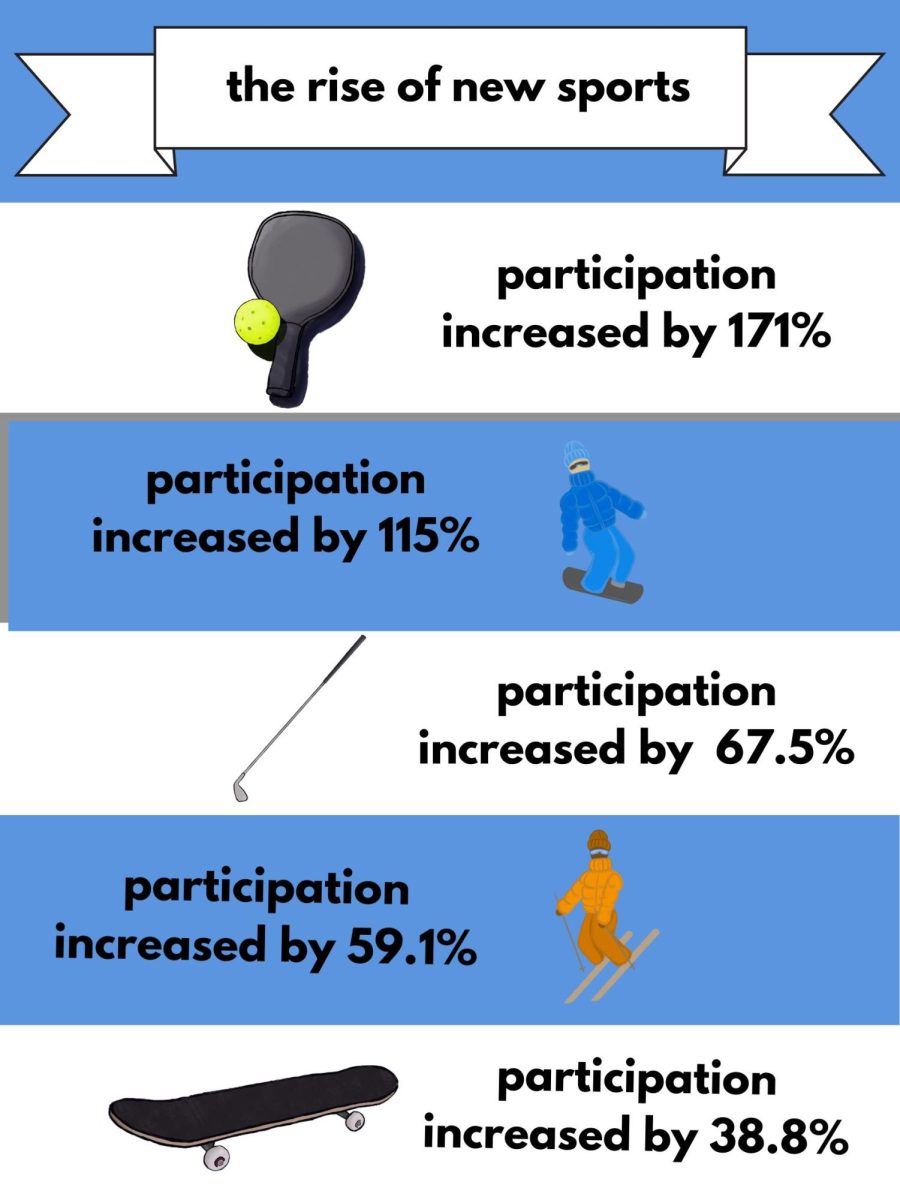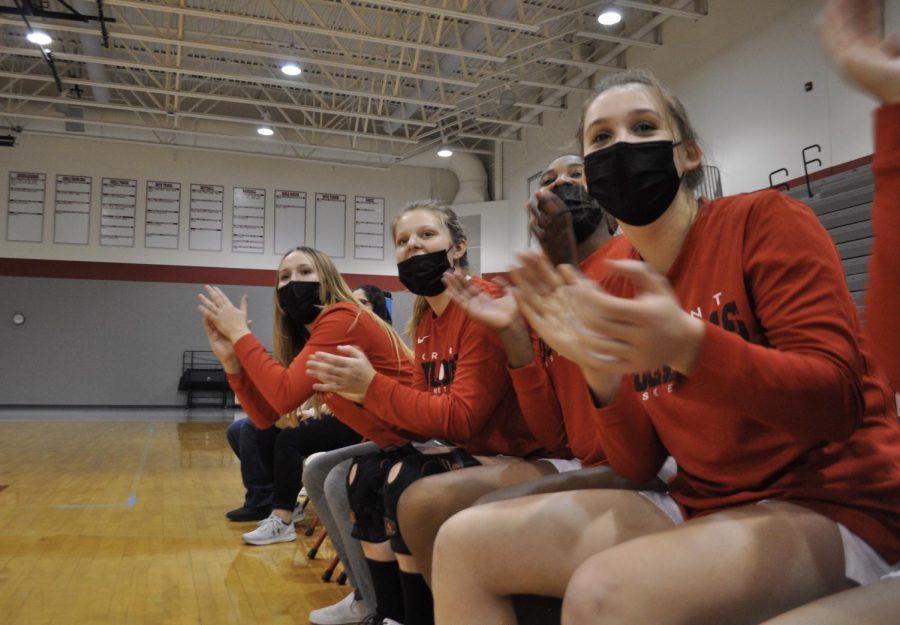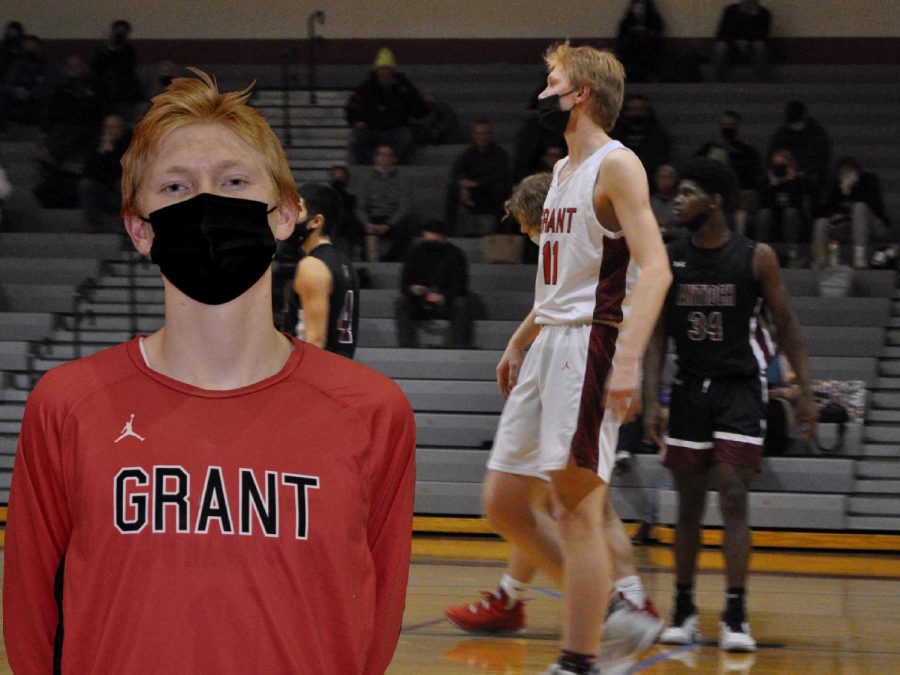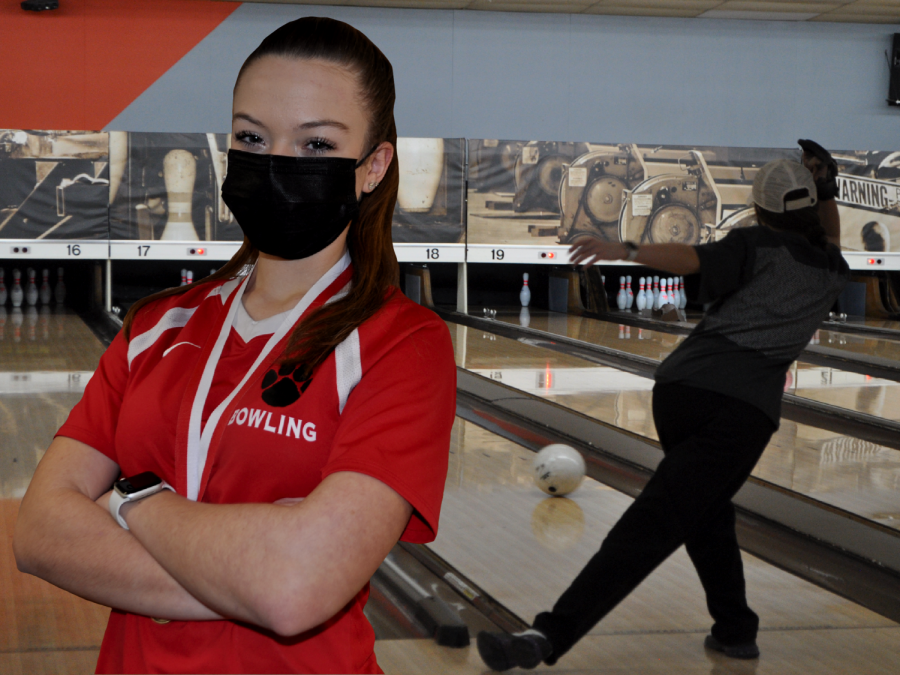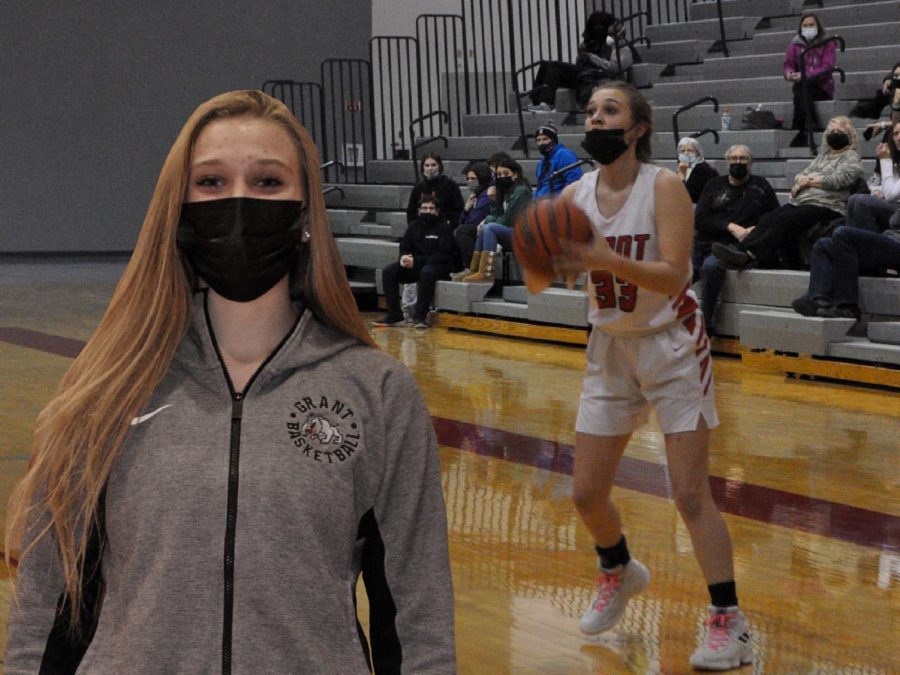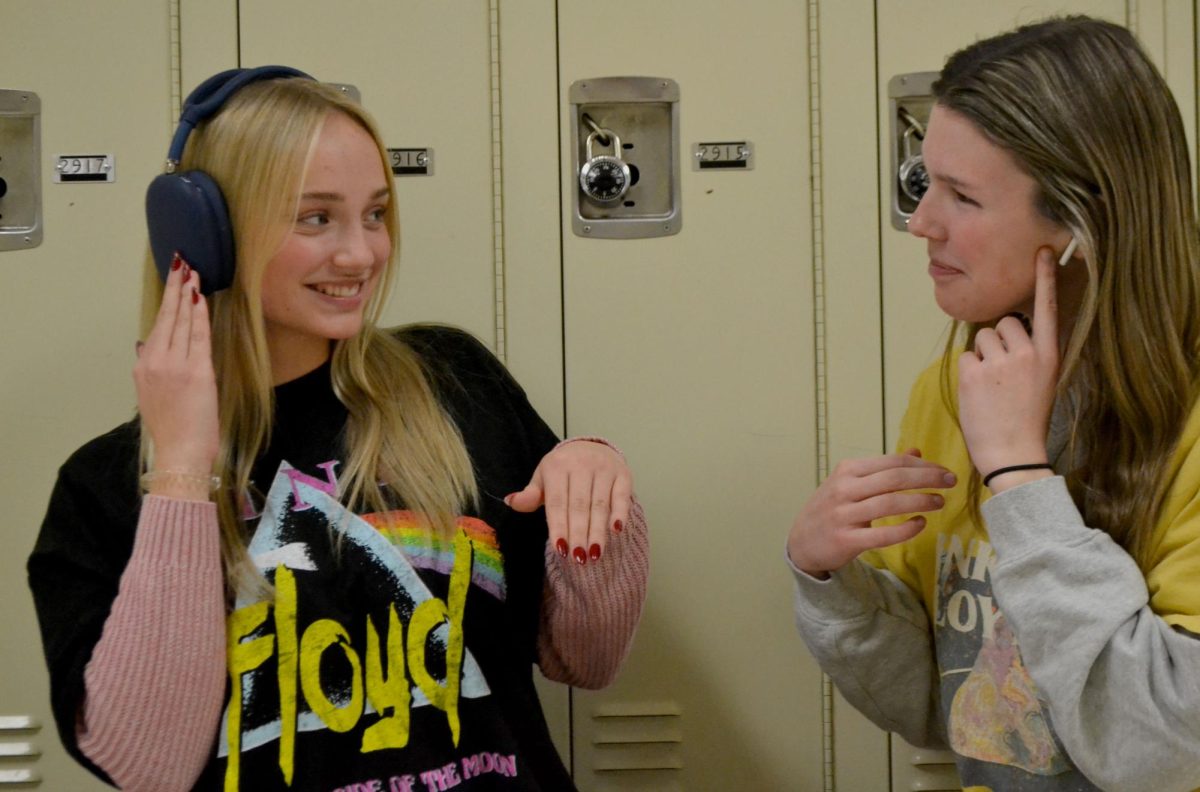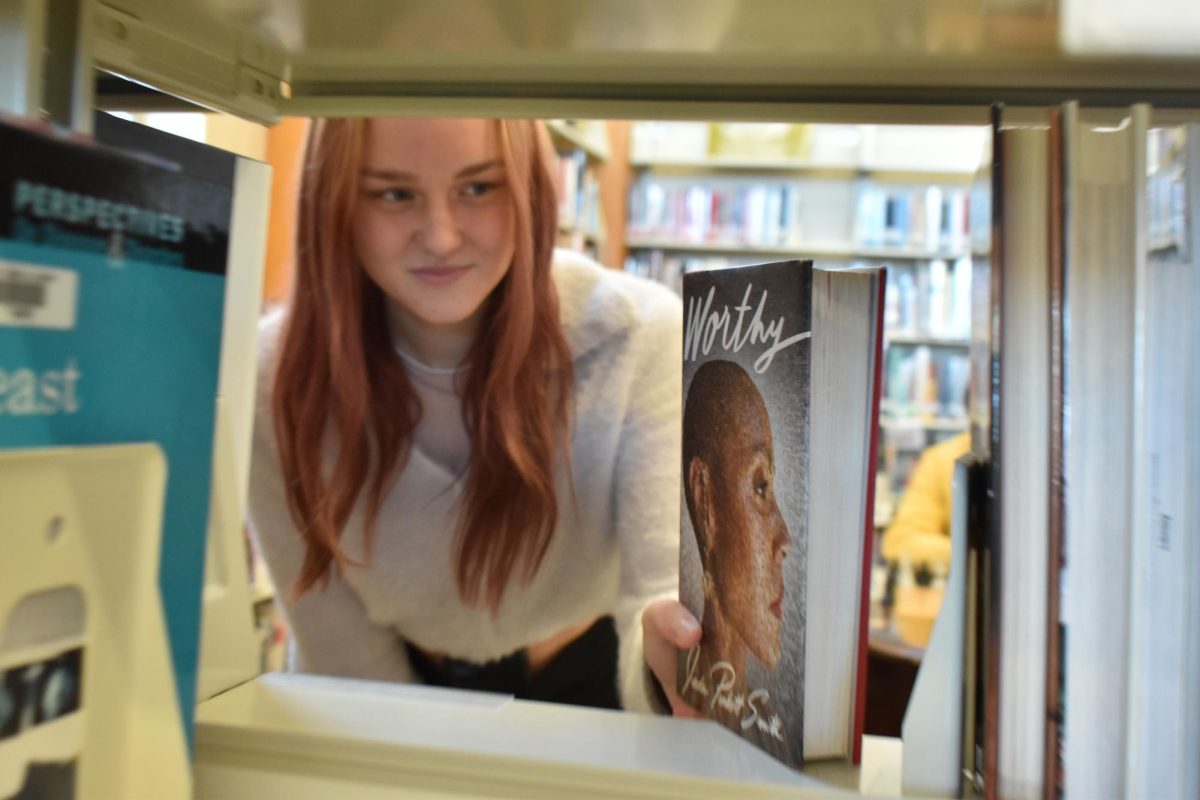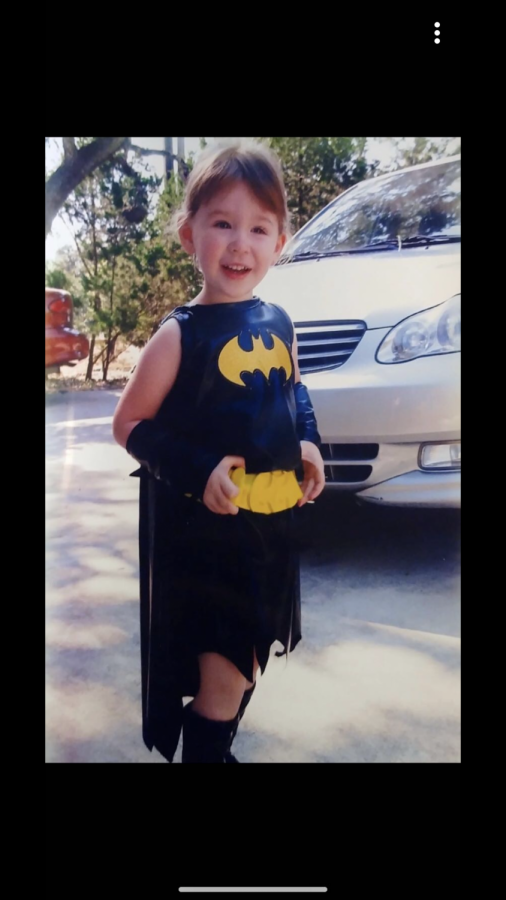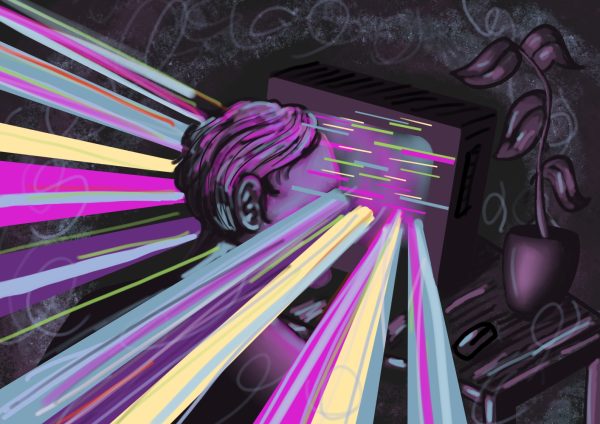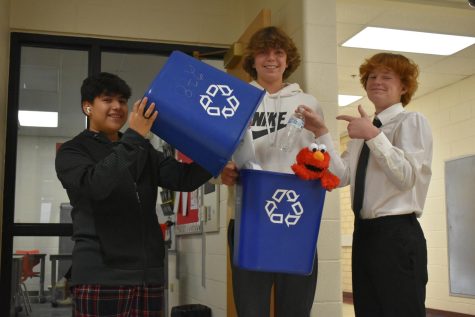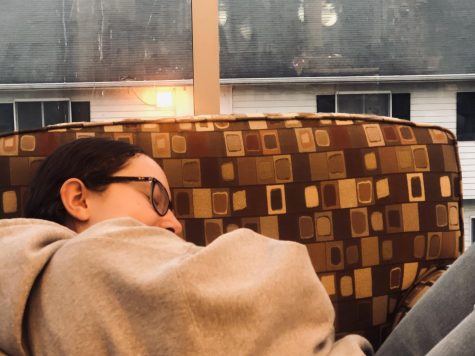The Challenges of Adolescence
Preparing for adulthood isn’t always the easiest, especially when you aren’t ready to move on from your childhood.
March 3, 2020
Being afraid to grow up
If you found the ending of the year more sentimental or meaningful this year; don’t worry, you aren’t alone. 2019 was the end of the 2010’s decade, where all of us made our childhood memories.
Liliana Anderson, a freshman at Grant says that the end of the decade was sentimental to her because of all of the “great memories….. And new friendships” that were made during those last 10 years. We made our friends, transitioned from 3 different schools and met thousands of new people. The experiences from childhood that our grandparents would tell us about are now becoming our stories to tell. Some of us discovered who they are meant to be, but most are still trying to sort through the emotions that come with being a teenager.
When a person becomes an adult physically but mentally remains in childhood or adolescence, their brain is stuck in a child-like stage. This inability to grow up is often referred to as the ‘Peter Pan Syndrome’ by several professionals in the Psychology field. Although it is yet to be considered a psychopathology field by the World Health Organization, it is still well-known as a disorder. To avoid having the Peter Pan Syndrome later in your life, it is recommended that you seek help if you feel that you have any of the tell-tale signs, such as no motivation, drug abuse, inability to accept blame and trouble finding a career path.
Growing up can be a tough, frustrating path that every person has to experience. Luckily, there are adults all around you who love and support you. They have all been through the overly-emotional, stressful, hormone-filled stage of life and someone is willing to help you get through it as well. As young as 12 or 13, kids are starting to make plans on where they should go to college, what they want to major in, and more. The stress that is getting put on kids nowadays has grown consistently without a break.
Transitioning to an adult
Attempting to balance the stress of high school and college, friends, family, health, love, and self-confidence is as difficult as walking a tightrope. You may feel that it’s impossible at points, and managing time well-enough to make everybody happy while maintaining your health is close. Doing extended research on productiveness and procrastination can help you to learn how to get everything done as best as you can. Focusing on your health pyramid is also extremely important. Your social health, family, friend and love relationships all need attention from you to make sure that your health is still safe. Your mental health needs to be prioritized as well, and an example of a way to help is by taking self-care days or time to yourself. Finally, your physical health needs attention as well. Make sure that you go to your medical appointments on time and schedule them regularly. Limit the amount of junk food you consume and remember to exercise.
Once your health triangle is balanced, acquiring traits in preparation for adulthood is also a good next step. Learning how to cook, clean, do taxes and several other activities that adults have to know how to do.
Using the New Year as a transition point
Starting to care more for your health triangle is a good place to start at the beginning of a new year. The majority of people create resolutions on what they are going to change about themselves for the new year. If you are looking for motivation to change, this could be one of the easiest ways. Try to reward yourself after completing what you were supposed to work on that day, with rewards such as a piece of chocolate or a half-hour where you can watch an episode of your favorite tv show.
You can reflect on your childhood by completing the items on the lists on the next page while working on preparing yourself for adulthood. And always remember that you aren’t ever going through this alone, your friends and family have all experienced it or are going through adolescence with you.

